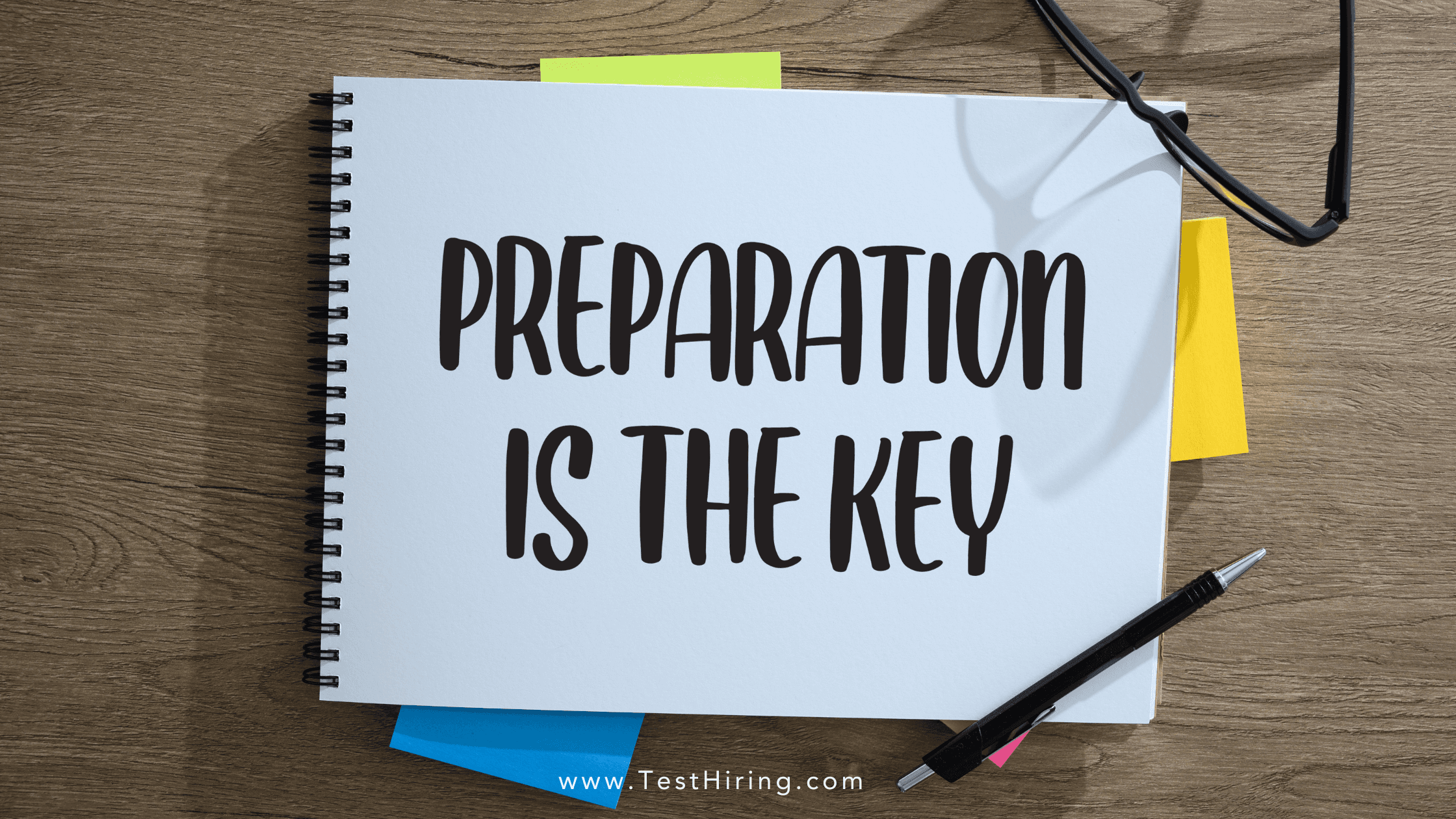The hiring landscape has undergone a seismic shift in recent years, with pre-hiring assessments becoming a cornerstone of modern recruitment strategies. These tools promise objectivity, efficiency, and the ability to identify top talent. However, as organizations increasingly rely on pre-hiring assessments, an important question arises: Are these assessments unintentionally creating barriers for non-traditional candidates?
Non-traditional candidates include those who may lack formal degrees, come from unconventional career paths, or have faced systemic disadvantages. Let’s explore how pre-hiring assessments impact these candidates and how organizations can make these tools more inclusive.
The Pros of Pre-Hiring Assessments
Standardized Evaluation:
Pre-hiring assessments provide a consistent framework for evaluating all candidates, reducing subjective biases during the initial screening process.
Focus on Skills Over Credentials:
These assessments often emphasize practical skills and problem-solving abilities, making them a viable alternative to degree-based hiring.
Efficiency:
Automated testing allows recruiters to evaluate large pools of candidates quickly, streamlining the hiring process.
While these benefits are significant, the unintended consequences for non-traditional candidates warrant closer examination.
Potential Barriers for Non-Traditional Candidates
Access to Technology:
Many pre-hiring assessments are conducted online, requiring reliable internet access and familiarity with digital tools. Candidates from low-resource backgrounds may struggle with these requirements.
Cultural Bias in Test Design:
Some assessments inadvertently favor candidates from certain cultural or socioeconomic backgrounds by including questions or scenarios that are not universally relatable.
One-Size-Fits-All Approach:
Standardized tests may fail to accommodate diverse learning styles or neurodivergent candidates who excel in unconventional ways.
Overemphasis on Test Performance:
Non-traditional candidates often bring unique experiences and perspectives that cannot be fully captured in a standardized test.
Lack of Transparency:
Many candidates are unaware of what the assessments measure or how their scores are used, leading to confusion and mistrust.
Making Pre-Hiring Assessments More Inclusive
To ensure pre-hiring assessments work for everyone, organizations must take deliberate steps to make these tools more inclusive:
Provide Clear Guidelines:
Offer detailed instructions and practice materials to help candidates prepare for assessments, especially those unfamiliar with such formats.
Test for Relevant Skills Only:
Focus assessments on job-specific skills and avoid unnecessary aptitude or personality tests that may disadvantage non-traditional candidates.
Accommodate Diverse Needs:
Ensure accessibility by offering accommodations like extended time, alternative formats, or offline options for candidates with specific requirements.
Regularly Audit for Bias:
Collaborate with experts to review assessment content and identify potential biases, ensuring fairness across diverse candidate pools.
Combine Assessments with Holistic Evaluation:
Use assessments as one part of the hiring process, complemented by interviews, portfolio reviews, or practical assignments that allow candidates to showcase their unique strengths.
The Way Forward
Pre-hiring assessments have the potential to revolutionize recruitment by focusing on skills and competencies over traditional markers of success. However, without conscious efforts to address their limitations, these tools risk alienating the very candidates they aim to include.
By designing assessments with inclusivity in mind and combining them with holistic evaluation methods, organizations can unlock the full potential of non-traditional candidates. After all, diversity in experience, perspective, and thought is what drives innovation and success in today’s workplace.




